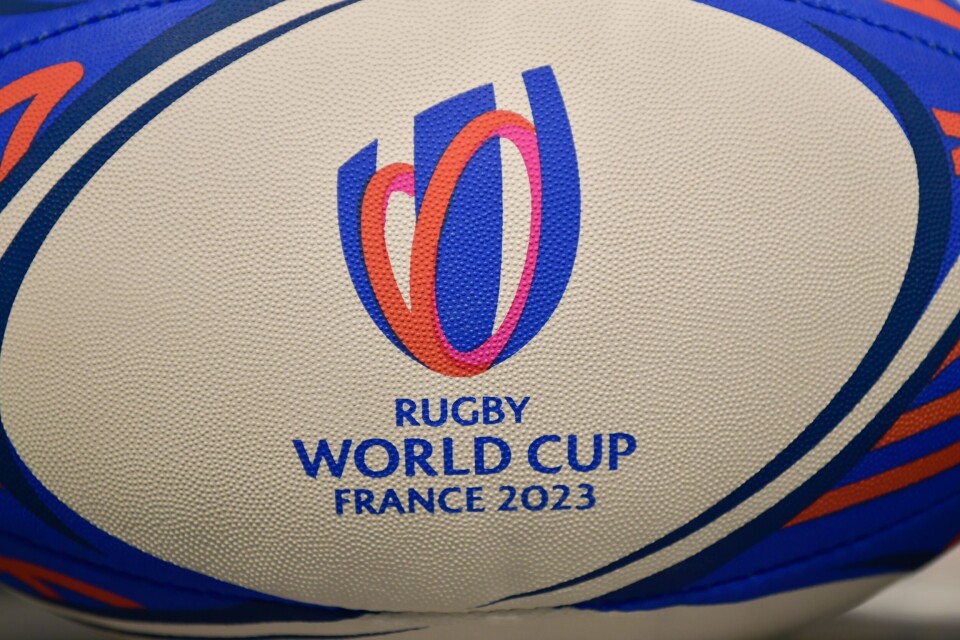-
Auvergne region is neglected by government
Government agencies and the SNCF shun the area 'time and time again', says reader
-
France’s 1970s roller disco craze is back – and we tried it
Columnist Sarah Henshaw feels a yearning for a certain kind of retro fun
-
How and when to watch the Six Nations rugby for free on French TV
France will play Ireland in the opening match at the Stade de France on February 5
‘France’s rugby is a metaphor for its culture and art de vivre’
As France prepares to host the Rugby World Cup, journalist Richard Ogier looks at how the sport is revered here

Might it be true that, in journalism, when fine writers write, they write about sport, and often they write about rugby?
Some of the most perceptive foreign observation I’ve ever read of my own country was by Pierre Grundmann, Libération’s Australia correspondent in the early 2000s, through the prism of the football codes. Today, as France prepares to host the Rugby World Cup starting September 8, with 48 matches in nine stadiums, 38 in the provinces, he edits the quarterly, Attitude Rugby.
Read more: How did the French react to their record Six Nations win over England?
French rugby writers see the sport as metaphor for life
French rugby writing has its lofty traditions and its Name writers (with a capital ‘N’).
The tendency is to see grand metaphors in the sport for the way humans organise collectively.
Jean Lacouture, whose passions were “opera, rugby and bullfighting”, according to his obit, wrote biographies of de Gaulle and a Vietnamese President when he wasn’t writing about rugby for Le Monde.
Jean-Pierre Bodis wrote the first history of world rugby in French, but his interest was less competitions and match results than the game’s social milieu and the earthy smell of its regional roots; more specifically, French rugby’s impressive development in a non-anglophone country, outside the old British empire.
Pierre Sansot saw a whole art de vivre, a unique combination of morality and culture, drawing a distinction, as he saw it, between the ‘sport’ side of rugby, that is, the hard work of it, and the ‘game’ side, full of freedom and ivresse, which you’d probably have to translate as exaltation.
If that sounds highfalutin, consider that the title of Sébastian Darbon’s venerated volume is ontological: Rugby as a Way of Being in the World.
Read more: French rugby terms to know ahead of Le Crunch with England
Rugby in France demonstrates ‘la différence’
For French rugby in English, academic Philip Dine had me fascinated when I interviewed him some years ago about his book, French Rugby Football: A Cultural History. The story wound up on the cutting room floor at The Australian newspaper in Sydney, but I see his distinguished volume is still available.
As Dine’s book amply showed, for non-readers of the Anglo sports pages or French sports daily, L’Equipe — itself unique, there’s no equivalent in the UK or the Antipodes — there’s a broader cultural interest at play. If you want a sphere of human activity where the notion of French difference is clear, look no further than rugby.
Why? Because la différence lies in both the facts of the game and the mythology that surrounds it.
How national teams play differently and why
In France, rugby is rooted in the regional South West, intimately woven into the fabric of life in provincial town and village.
In England and Australia, despite attempts at democratisation, it remains fairly exclusive, starting with the old school tie before moving to the universities.
Only in New Zealand is rugby the all-dominant football code, which may be why the All Blacks have generally been the best team in the world.
The myth-making centres on the French style of play. The flare of the running game, with much less Anglo-style kicking — quickly tedious for the non-specialist spectator — is beautifully captured in the phrase, ‘Champagne rugby’.
The point is to highlight the fluidity of the French game, compared to the stonewall of the big Home Nations and Australian forwards, or ‘packs’, denoting a more defensive brand of play.
French rugby’s stain was always its close association with the pro-Nazi Vichy regime of Marshal Pétain.
The game’s ruling body drew on contacts to get Rugby League banned — then a growing sport — which went close to killing Rugby à 13 in the ensuing years. It’s still played around Perpignan and Carcassonne but otherwise far trails Rugby Union, or Rugby à 15.
Today we need rugby’s solidarity and honourable spirit
The sense of rising excitement about the World Cup is partly because the French feel (and not only the French), that they can win it for the first time.
France is second behind Ireland in the world rankings, and there’s a certain consensus about the quality of coaching and the current crop of players.
For many observers, Antoine Dupont, a young son of the South West, is the best rugby player in the world.
I look forward to watching and reading accounts of matches. What with geopolitics as they are, the carnival expression of big-hearted solidarity, in a true and honourable spirit, beckons like balm.
Related articles
Watch: Macron downs a beer in one, sparking criticism in France
French football phrases you may hear in England-France World Cup game
British origins of France’s oldest football club still playing today
























